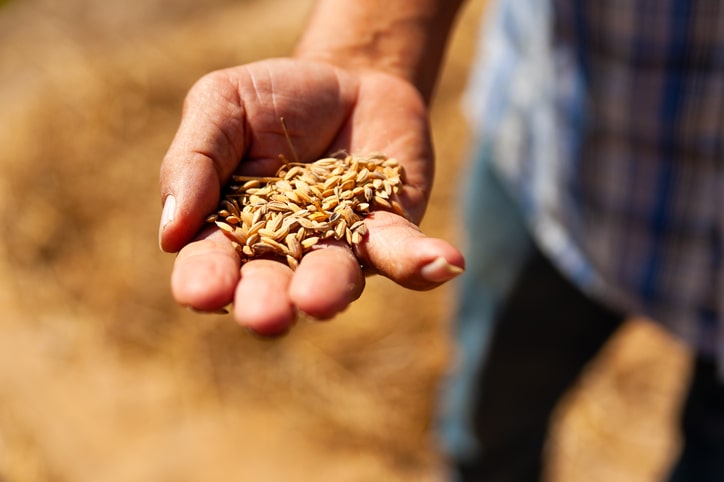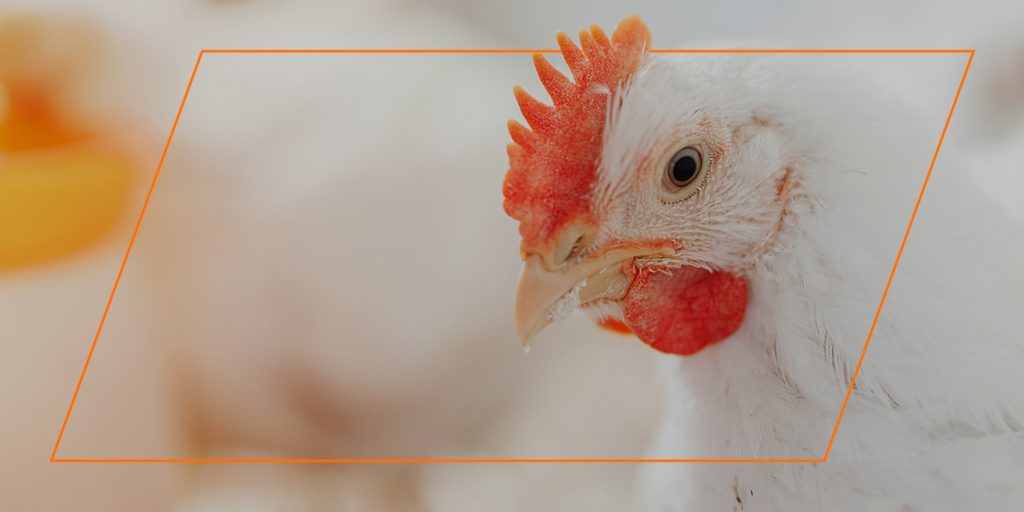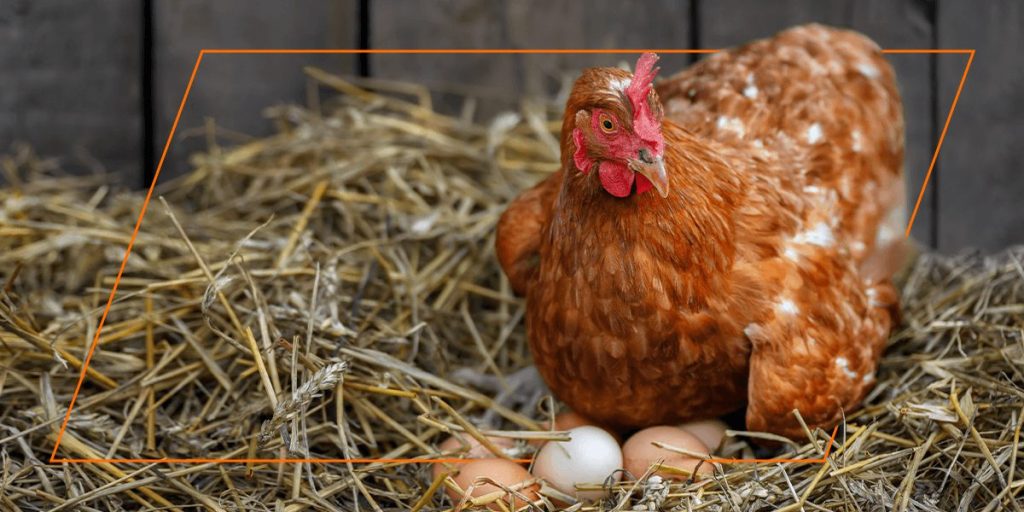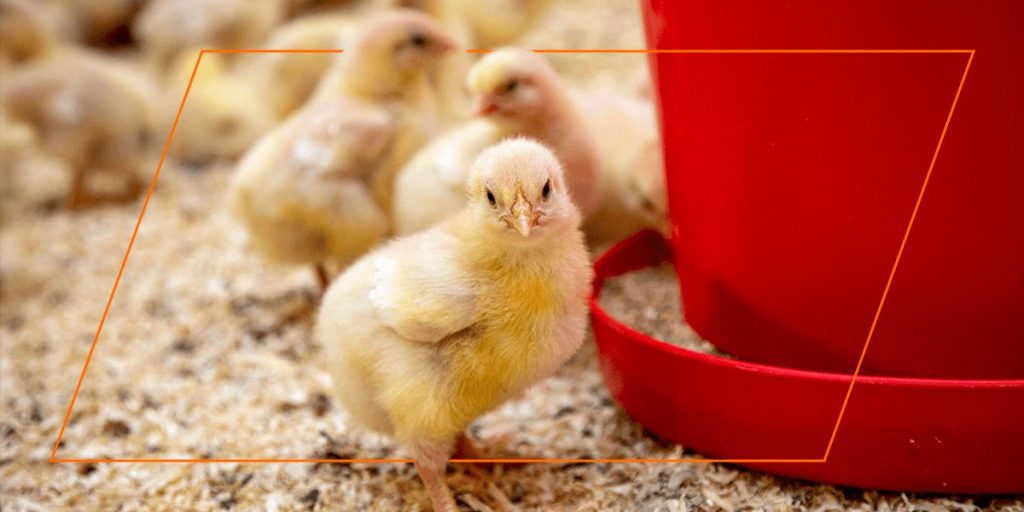We see the term “organic” on many products, including poultry and livestock feed. The word appears on Nature’s Best Organic Feeds poultry and livestock products, which are also non-medicated and Non-GMO Project-Verified.
But what does organic mean? Sometimes, the word is used generically to refer to something that is not man-made. When we talk about food and animal feed, however, organic refers to the U.S. Department of Agriculture’s (USDA) regulatory standards.
What Classifies Something as Organic?
If something is organic, it means it is produced without synthetic or man-made materials, save for an approved list of exceptions. This means synthetic pesticides, fertilizers, and other substances are not sprayed on a crop. Organic foods and feed also cannot use biosolids — which are treated human sewage — or ionizing radiation, genetically modified organisms, or bioengineering. Additionally, organic crops must be grown with crop rotation techniques to mimic natural ecosystems.
What Does Certified Organic Mean?
Several governments have regulated the certification of “organic” products, meaning a certified organic product is one that meets government requirements for organic certification in a country. All organic products in the U.S. are certified. While any product can be labeled as “natural,” food and other organic goods need third-party verification to be termed “organic.”
What Does USDA Organic Mean?
In the United States, the Department of Agriculture regulates the certification of organic products. Goods bearing the U.S. Department of Agriculture’s regulatory label have met the department’s established requirements to be labeled organic.
To be labeled USDA organic, farmers need to participate in the National Organic Program (NOP), which involves having a government-approved certifier inspect food production and the food-growing area to ensure a farmer’s operations meet USDA organic requirements.
What Does Organic Really Mean?
Organic generally refers to a product made without chemical fertilizers, pesticides, radiation, human sewage waste, and other man-made products. Customers understand “organic” to mean a natural commodity without additional chemicals, though the exact definition is determined by each country.
Organic foods and feed are made to avoid exposing consumers to significant synthetic products. Organic goods are also considered kinder to the environment than traditional foods because organic feed uses sustainable farming practices and introduces fewer chemicals into the soil.
Products that have been certified organic may use compost, manure, and other materials to feed the soil and conserve water and soil. Farmers may use some pesticides derived from natural products, but in general, plants and crops should be kept healthy by planting multiple crops and taking care of the soil. Organic farmers typically grow produce that’s native to a specific climate and work to prevent soil erosion and wildlife harm.
Buy Organic Feed From Nature’s Best Organic Feeds
For almost 75 years, Nature’s Best Organic Feeds has been offering quality poultry and livestock feed and products. Our family-owned and operated company offers non-medicated, organic, Non-GMO Project-Verified products in bulk and bagged quantities. We take great care in producing a high-quality feed we are proud to share with our customers.
Explore our inventory of organic products, or use our store locator to find feed near you.




